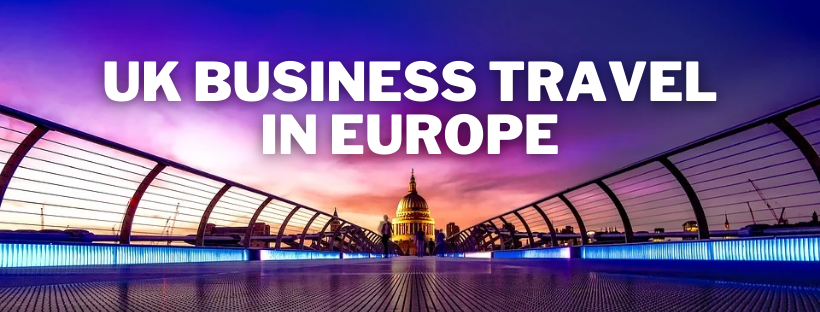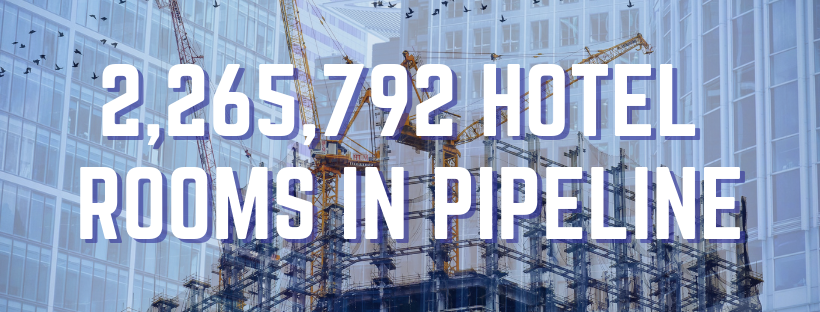Travelling in Europe after January 2021
From 1 January 2021, new rules apply to UK citizens travelling to Europe.
We have listed some of the main issues travellers from the UK will face, as well as some links to useful resources. But, if you need advice on business trips to countries in the EU or EFTA, contact your GTM Account Manager.

At border control, UK travellers may be required
- to show a return or onward ticket
- to show you have enough money for your stay
- to use separate lanes from EU, EEA and Swiss citizens when queueing
UK travellers will not require a visa for short trips (up to 90 days in any 180-day period) to most EU countries, Iceland, Liechtenstein, Norway and Switzerland. Different rules will apply to Bulgaria, Croatia, Cyprus and Romania, where visits to other EU countries will not count towards the 90-day total.
EU border control staff may ask you for the purpose of the visit; where you plan to travel and stay; how long you intend to remain in the EU; how you propose to fund your stay; and whether you constitute a threat to public health.
It’s important to check the entry requirements for the country or countries you are visiting. Travel to Ireland will not change from 1 January 2021.

You may need to renew your United Kingdom passport earlier if you are travelling from 1 January 2021.
On the day you travel, you’ll need your passport to have at least 6 months left AND be less than 10 years old.
If you do not renew your passport, you may not be able to travel to most EU countries and Iceland, Liechtenstein, Norway and Switzerland. It’s important to check whether your passport is valid for the country or countries you are visiting.

You should always get appropriate travel insurance with healthcare cover before you travel.
The UK Government has confirmed that the European Health Insurance Card (EHIC) continues to be valid in some EU countries.
However, it’s particularly important you get travel insurance with the right cover if you have a pre-existing medical condition. This is because the EHIC scheme covers pre-existing conditions, while many travel insurance policies may not.
Apply for a free European Health Insurance Card (EHIC).

From 1 January 2021, the guarantee of free mobile phone roaming throughout the EU, Iceland, Liechtenstein and Norway will end.
Check with your phone operator to find out about any roaming charges you might get from 1 January 2021.
A new law means that you’re protected from getting mobile data charges above £45 without you knowing. Once you reach £45, you need to opt in to spend more so that you can continue using the internet while you’re abroad. Your phone operator will tell how you can do this.

You should check that your qualifications will be recognised in the EU if you provide services like legal services.
You’ll need to have your UK professional qualification officially recognised if you want to work in a profession that is regulated in the EEA or Switzerland. It will need to be recognised by the appropriate regulator for your profession in each country where you intend to work. You’ll need to do this even if you’re providing temporary or occasional professional services.

Travellers departing GB for EU countries will be able to buy duty free goods (alcohol and tobacco) once they have passed security controls on the same basis as currently applies to those travelling to non-EU destinations.
The extra statutory concession that currently permits tax-free sales beyond security controls, on goods such as perfumes, electronics and clothing will be withdrawn.
Passengers will no longer be able to bring unlimited amounts of alcohol, tobacco or other goods for personal use when travelling from the EU to GB.
Personal allowances will be extended to those travelling from EU to GB. The amount of alcohol that passengers can bring into GB will increase. Passengers bringing in any goods over their personal allowance must declare them and pay the relevant tax/ duty.
You must declare goods that you take with you to sell outside the EU – for example if they’re in your baggage or in a private vehicle. You’ll need to declare goods you take to sell anywhere outside the UK from 1 January 2021.

If you’re taking your own vehicle, you will need a green card and a GB sticker.
Please note that, for the green card, you will need the physical document – you cannot rely on an electronic copy.








